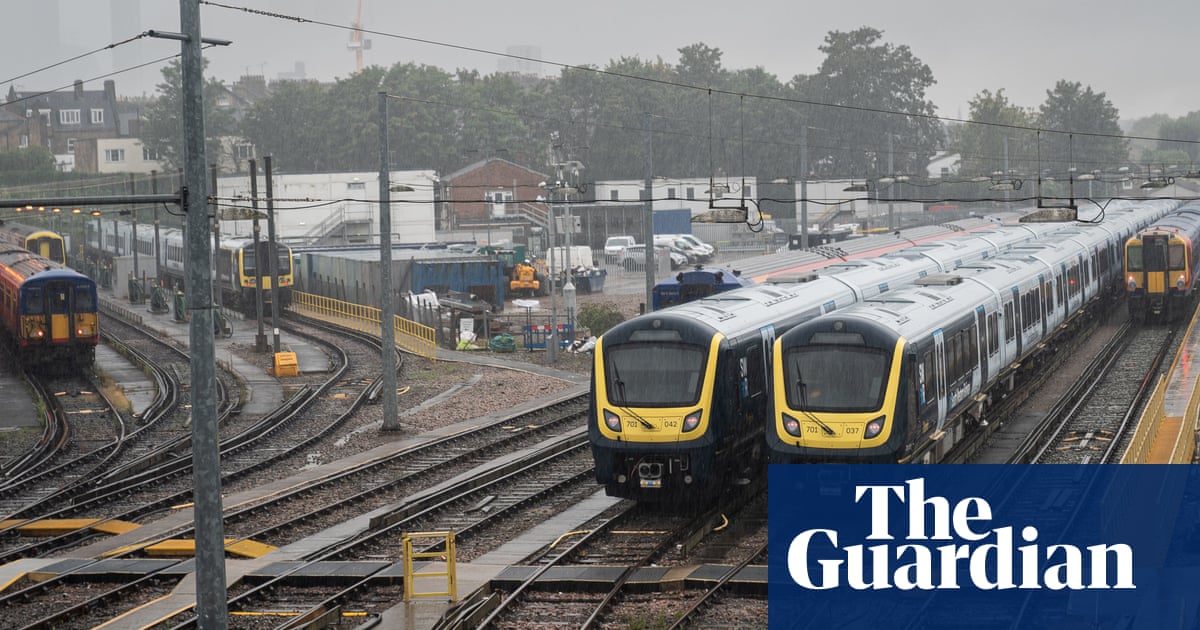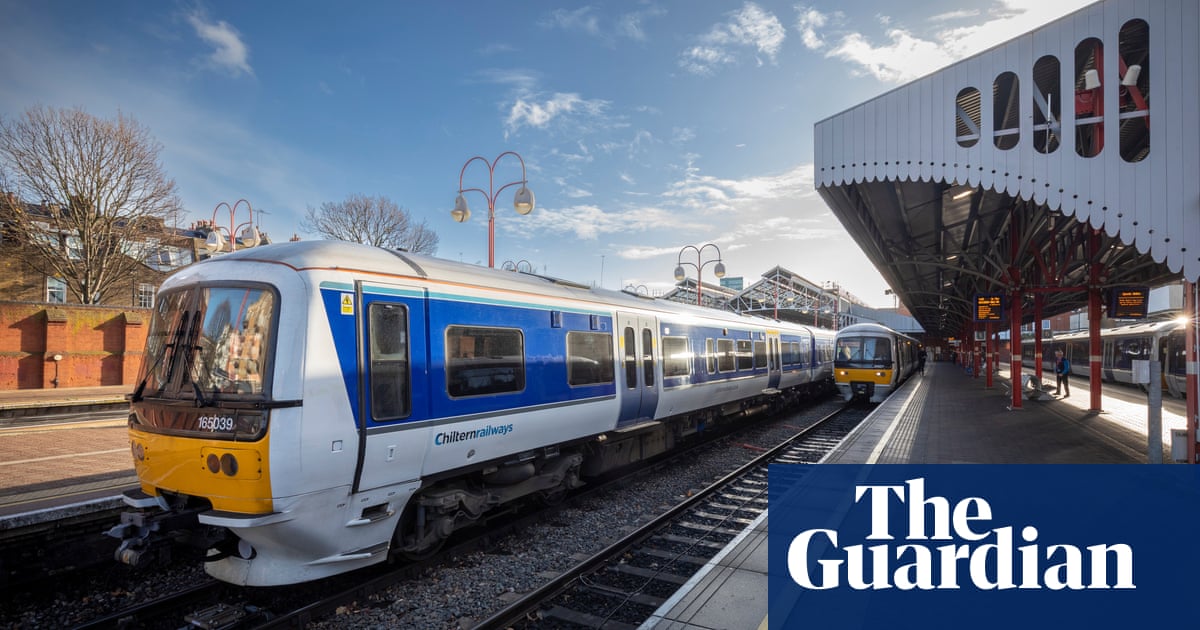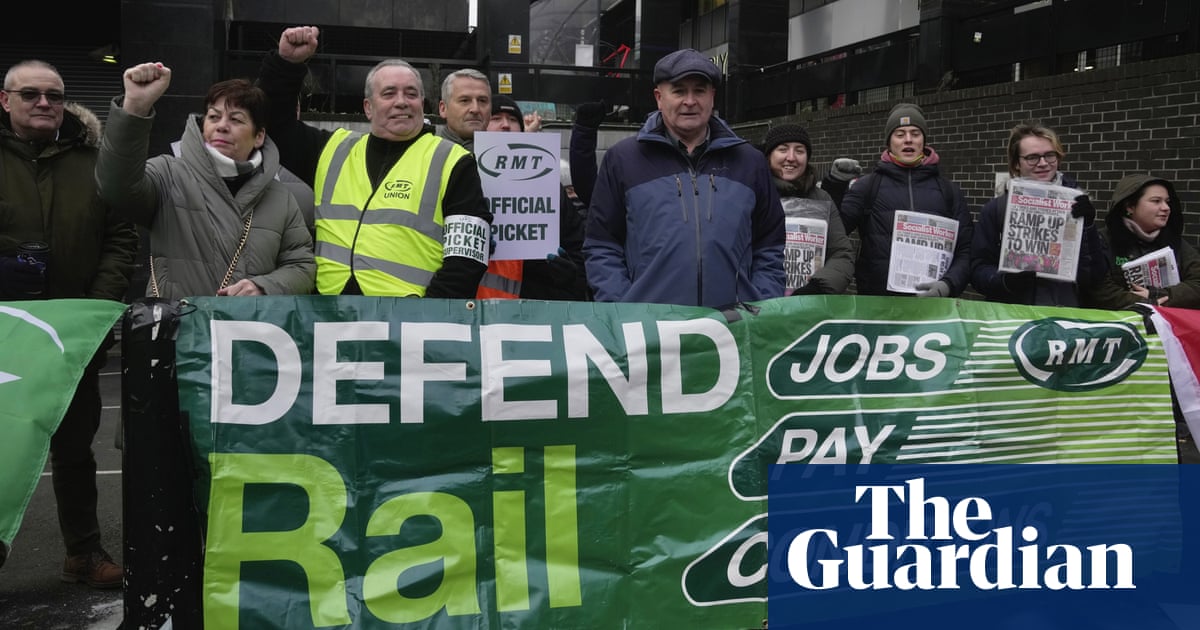
A week of disruption for rail passengers has begun, with a mix of strikes and overtime bans by train drivers and tube workers set to halt and delay many services until next Friday.
Virtually no trains will run in England on Saturday and Wednesday, when members of the Aslef union strike on national rail, targeting the start and end of the Conservative party conference in Manchester.
The train drivers’ strike across all 16 operators contracted to the Department for Transport will stop trains entirely on most English routes, including Avanti, Northern and TransPennine Express serving Manchester, and also affect cross-border services to Wales and Scotland.
Aslef has also called an eight-day overtime ban from this Friday through to the same day next week, forcing several train operators to cut back timetables and making short-notice cancellations more likely to occur.
In a separate dispute, RMT London Underground workers will strike on Wednesday and Friday next week, closing the tube.
Mick Whelan, the Aslef general secretary, confirmed that the union was deliberately timing the strikes to target the Conservative conference. He said: “It’s coming on for half a decade without drivers getting a pay rise.
“We’re targeting the people who keep misleading the public, by saying we’re targeting other events.”
The transport secretary, Mark Harper, in April accused the union of hurting Ukraine by calling a strike during the Eurovision final in Liverpool. Aslef said at the time the timing was coincidental.
On Friday, Whelan said there had been no further talks with government or rail firms, after the union rejected an offer worth 8% over two years with strings attached earlier this year. “The bad actors in this dispute are the companies who are paying dividends and taking money from a government that hates the railways and hates the people working on it,” he said.
Whelan warned that the planned introduction of minimum service levels during strikes would only exacerbate the dispute. “All they will do is extend the disruption, and will increase proportionally the days of strikes we take.”
Aslef has joined with other unions in calling for a summit to discuss the future of HS2, which has been plunged into doubt with the prime minister refusing to commit to building it north to Manchester.
Whelan urged ministers to finish the high-speed railway: “Mothballing it doesn’t make sense. If you don’t finish it now, there’s no point in what we’ve done.”
The Rail Delivery Group said it was “ready and willing” to talk to Aslef’s leaders over pay but defended its current offer from January and said negotiations would have to tackle terms and conditions.
A spokesperson said: “Our offer to Aslef would take average driver salaries to £65,000 for a four-day week – that’s more than double the average UK salary, and many drivers top up their income further by working overtime.”
The RDG said taxpayers were still paying £175m a month to fund rail with revenues still 30% below pre-pandemic levels, adding: “The union’s leadership must recognise the need to make changes to how the sector is run, to both fund any pay rise and, crucially, so we can give our passengers more reliable train services, particularly on Sundays.”
A DfT spokesperson said there was a “fair and reasonable offer on the table”, adding: “Aslef’s leaders won’t put this offer to their members and instead continue to strike – damaging their own industry in the process.”
Train operators have urged passengers who must travel during the strike to expect disruption, plan ahead and check when their last train will depart.
Only a few companies, including Great Western, Greater Anglia, Southern and LNER, plan to run any services at all during the strike, while all have warned of potential knock-on disruption on mornings after the strike days.
Operators including Chiltern and C2C have already reduced timetables to cope with the overtime ban.
Meanwhile, RMT members on the tube will strike on Wednesday and Friday over plans to reduce staff numbers by up to 600 posts to save costs.
The RMT general secretary, Mick Lynch, said: “Station staff have had enough of having their livelihoods threatened by job losses and attacks on their terms and conditions.
“These job cuts and attacks on conditions are going to lead to more unstaffed stations, temporary closures and rising passenger anger.”
Transport for London said it was continuing to engage with the union in the long-running standoff, but said passengers should be prepared for the London Underground to be closed on both days, with further disruption likely on Elizabeth Line and Overground services that share stations with the tube.












